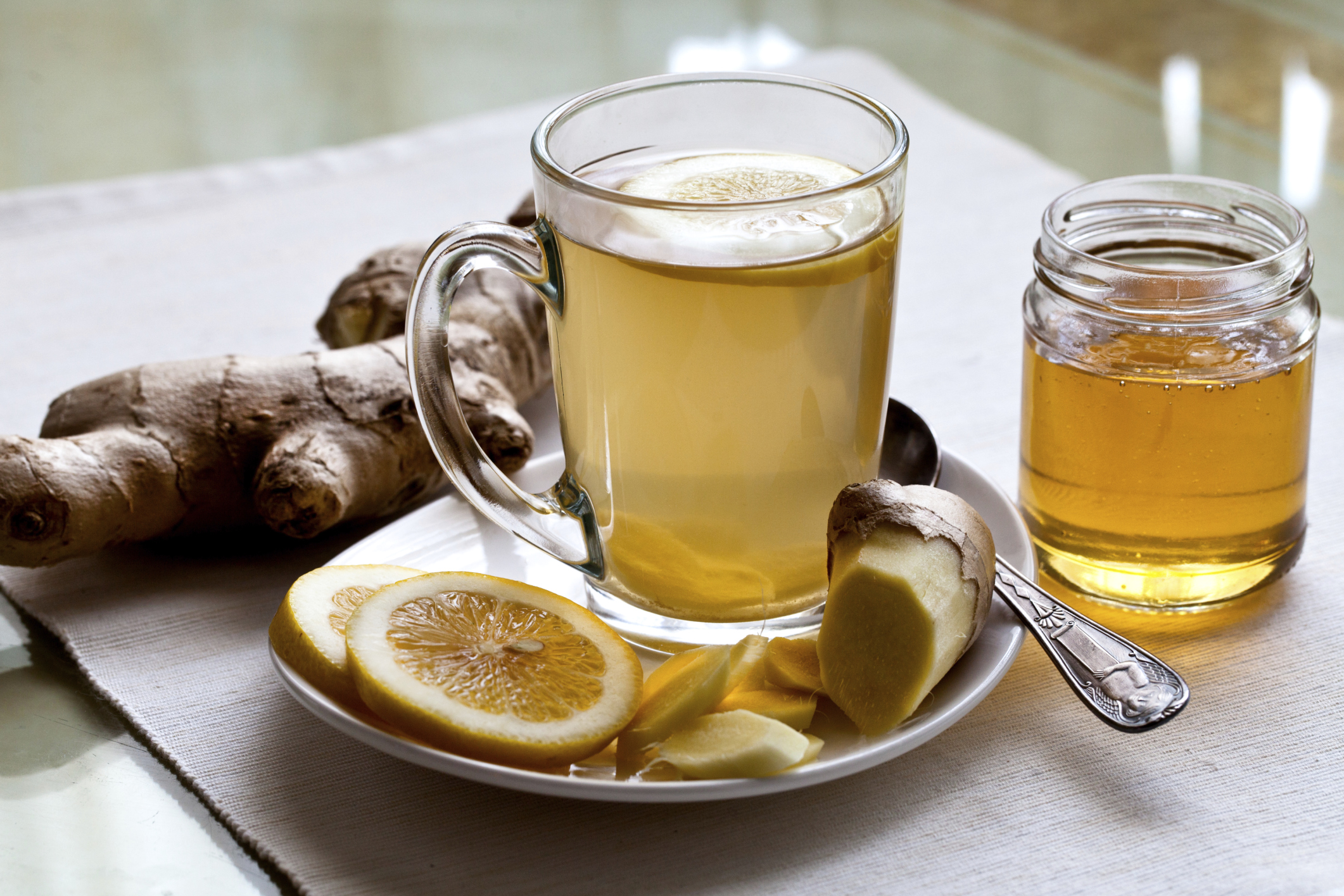
Foods to Help Fight the Flu
It’s flu season. Staying healthy should be a top priority, especially for those of us who come in contact with people who have weakened immune systems. Many factors play a role in whether or not you will fall victim to the dreaded flu this year, including your diet. While foods alone won’t guarantee your health this winter, you should provide your body with all the necessary nutrients to keep it running. Here are some quick tips to keep your immune system as strong as possible.
- Eat regularly. Have you heard the saying “feed a cold, starve a fever?” Well, it turns out there isn’t much research behind that statement. It’s important to give your body fuel regularly so that it can keep you energized, alert, and healthy. Make sure you’re eating at least three meals per day and focus on well-balanced meals with plenty of lean protein, whole grains, fruits, and vegetables.
- Spice it up. Herbs and spices such as ginger, clove, turmeric, cinnamon, oregano, and garlic contain high amounts of phytochemicals and antioxidants that may increase immune cell function and help protect cells against stress or damage [2,5,6]. In fact, some spices contain more antioxidants than fruits or vegetables without adding significant calories or bulk to meals [6].
- Make sure you’re drinking enough water. It seems simple, but many of us are dehydrated without realizing it. Water is crucial for cellular functions and the lymph system, which are necessary for immunity [7]. Other liquids like low sodium broth, herbal tea, fresh juices, and milk will hydrate your body as well. Just try not to overdo it on the fresh juice or fruit smoothies, which tend to be high in sugar.
- Did you know that these tiny microorganisms talked about for bowel regularity also have immune boosting benefits? Believe it or not, probiotics stimulate your immune system and some studies have found that they may even decrease your chance of catching the common cold and influenza. If you’re already feeling under the weather, they may also decrease the severity and duration [1]. Yes, you can take a probiotic supplement for these beneficial microorganisms, but don’t overlook probiotic-containing foods. Fermented foods like kefir, kombucha, sauerkraut, and yogurt all contain beneficial probiotics, plus they add great taste and additional nutrients to meals.
- Fruits and veggies. The nutritional benefits of fruits and vegetables are widely known. High in fiber, water, vitamins and antioxidants, they are crucial components to any healthy diet. Choose fruits and vegetables with a wide variety of colors and textures. Buy frozen or in season as much as possible for the maximum amount of antioxidants and nutrients [3]. Citrus fruits like oranges, lemons, grapefruit, and lime are all good sources of vitamin C and potassium, while leafy green vegetables like kale, spinach, chard, and collards are high in vitamins A, C, K, and even some B vitamins [4].
- Zinc plays an important role in immune function and wound healing [8]. Before running out to buy zinc supplements, focus on foods that are high in zinc, like beans, peas, dairy, meat, fish, shellfish, and nuts. In addition to the zinc, you’ll also get a range of other nutrients and beneficial proteins.
If you’re already feeling under the weather, try to decrease your intake of foods that worsen inflammation, lead to water retention or dehydration. Your best bet is to avoid highly processed foods, foods high in sodium, refined sugars, alcohol, and caffeine as much as possible. Other lifestyle factors are equally important in addition to your diet. You’ll feel back to your old self quickly if you can minimize stress, get plenty of sleep, moderate exercise as able, and avoid cigarettes. If you’re wondering about supplements that boast immune boosting properties, it’s recommended that you talk to your doctor first. Many supplements have little research behind them and they are poorly regulated. Supplements are often expensive and you’ll want to make sure they won’t cause complications with any existing health issues or medications.
Looking for immune boosting foods in the UWMC Plaza Café? Choose dishes that contain any of the foods listed above. Go heavy on the fruits, veggies, and whole grains. Try a kale salad with salmon, quinoa chili with brown rice, or vegetable marinara over whole grain pasta. A salad from the salad bar or grab-and-go case is also likely to contain some flu fighting ingredients.
 Emily Kelley-Brown, MPH, RD, CD is an inpatient dietitian currently transitioning from adult patients to the Neonatal Intensive Care Unit. In her spare time, Emily enjoys riding horses, cooking, and traveling.
Emily Kelley-Brown, MPH, RD, CD is an inpatient dietitian currently transitioning from adult patients to the Neonatal Intensive Care Unit. In her spare time, Emily enjoys riding horses, cooking, and traveling.
This post was originally published in the RD Blog. You can visit the RD Blog and see its archives if you have a UW Medicine ID.
Sources:
- Homayouni Rad A, Torab R, Mortazavian AM, Veghef Mehrabany E. Can probiotics improve common cold and influenza? Nutrition 29 (2013) 805-806
- Nantz MP, et al. Supplementation with aged garlic extract improves both NK and T cell function and reduces the severity of cold and flu symptoms: A randomized, double-blind, placebo-controlled nutrition intervention. Clinical Nutrition31 (2012) 337-344
- Nantz et al. Consumption of cranberry polyphenols enhances human T cell proliferation and reduces the number of symptoms associated with colds and influenza: a randomized, placebo-controlled intervention study. Nutrition Journal 2013, 12:161
- Nahas R, Balla A. Complementary and alternative medicine for prevention and treatment of the common cold. Canadian Family Physician, 57: January 2011
- Paur, et al. Herbal Medicine: Biomolecular and Clinical Aspects. 2nd edition. Benzie IFF, Wachtel-Galor S, editors. Boca Raton (FL): CRC Press; 2011.
- Tempest M. Adding Spice for a Healthier Life — Evidence Shows Antioxidant-Rich Herbs and Spices May Cut Chronic Disease Risk. Today’s Dietitian 14 No. 3 P. 40
- Lipscomb AS. Water and the Immune System. Hydrate for Health. http://hydrateforhealth.org/2013/10/16/water-and-the-immune-system/
- Shankar AH, Prasad AS. Zinc and immune function: the biological basis of altered resistance to infection. The American Journal of Clinical Nutrition. 1998;68:447S-63S